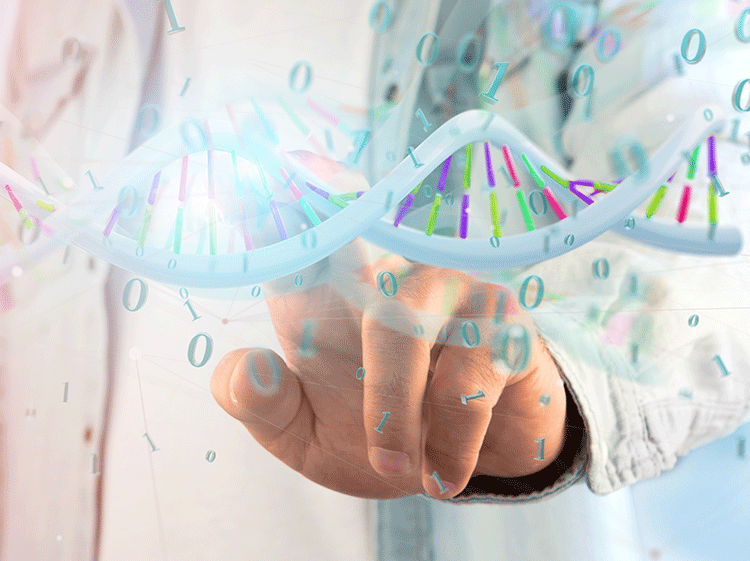

What Works for One Does Not Work for All
What Works for One Does Not Work for All
The isolation and detection of CTCs plays an important role as a diagnostic, prognostic and therapeutic implications…
CTC’s have clinical uses
- Viability testing of Chemotherapy drugs
- Genetic profiling for guidance about targeted therapies Eg. Monoclonal antibodies.
- Viability testing (and identification of action ) of natural substance which may be used as part of a complementary treatment strategy
- To determine risk stratification

For most solid tumors, as few as four out of every 10 patients will respond to the accepted, standard treatment regimens. If you are in the 60 percent of patients for whom first-line treatments will not work, you are forced to undergo additional cycles of therapy in an attempt to identify viable options. When this occurs, you incur higher cost and elevated toxicity. But, most importantly, you lose valuable time—a cancer patient’s most precious possession.
We believe that you are unique, your cancer is unique and your treatment should be too. By applying the results of assays offered at R.G.C.C GENLAB, we can determine the drug or combinations that will most effectively treat your cancer.
Onconomics Plus is a specialized chemosensitivity test which was developed by R.G.C.C.GENLAB, use a patient’s own tumour cells (CIRCULATING TUMOUR CELLS) in the laboratory to identify which drugs have the most as well as the least potential for treating the patient’s unique cancer. This information can increase the success of chemotherapy and reduce unnecessary toxicity.
“Using this test helps oncologists take the possible drug out of chemo selection, increasing the likelihood of successful treatment, and reducing unnecessary toxic side effects by avoiding chemos that would not work” says Dr.Ioannis Papasitiriou, MD of R.G.C.C. GENLAB.
Onconomics assays are being used by many cancer centres all over the world to guide treatment. Onconomics assays are used routinely in selecting second line chemotherapy for ovarian, lung, breast, colon, prostate, cervical cancers as well as sarcomas.
Different assays use different methods to get results. Onconomics uses one of the most advanced technologies to measure cell death. It gives precise and accurate information for identifying resistant drugs and sensitive agents. R.G.C.C. GENLAB IS ACCREDITED WITH ISO CERTIFICATION (ISO:17025)
WHO ARE THESE TESTS FOR?
- People who want to actively engage in reducing their risk of developing cancer in the future.
- People with an increased risk of cancer Eg. Due to family history or life style/ environmental issues who want the opportunity to engage in a screening program in early detection of cancer.
- People with a current diagnosis of cancer who want more information about treatment options for them as an individual-including natural treatments.
Existing drug sensitivity assays have been extensively documented to be capable of placing drugs into the following general categories:
- Drugs which have virtually no chance of working.
- Drugs which have a lower than expected chance of working.
- Drugs which have an average chance of working (in line with clinical expectations before the assays were performed).
- Drugs which have a higher than expected chance of working